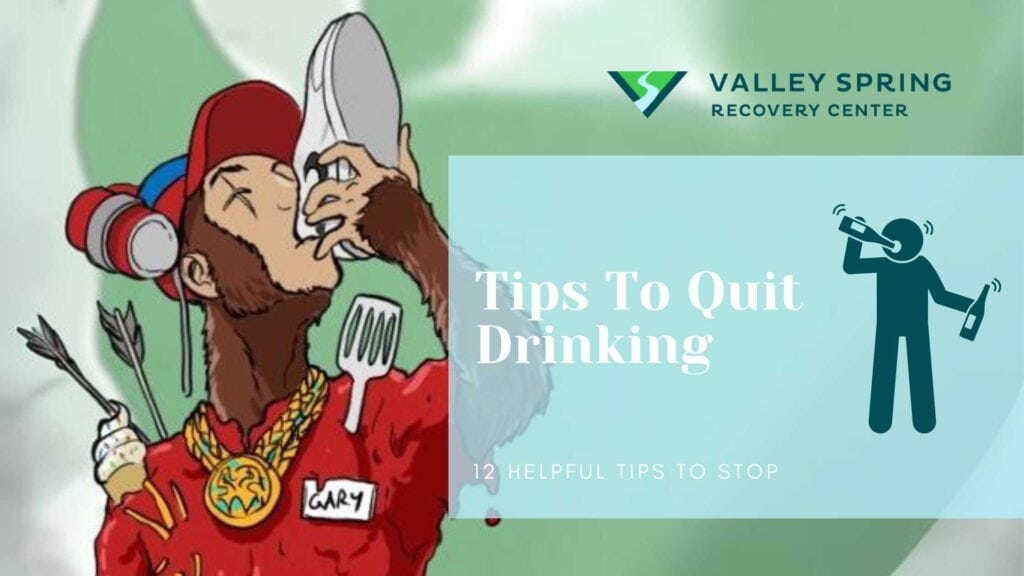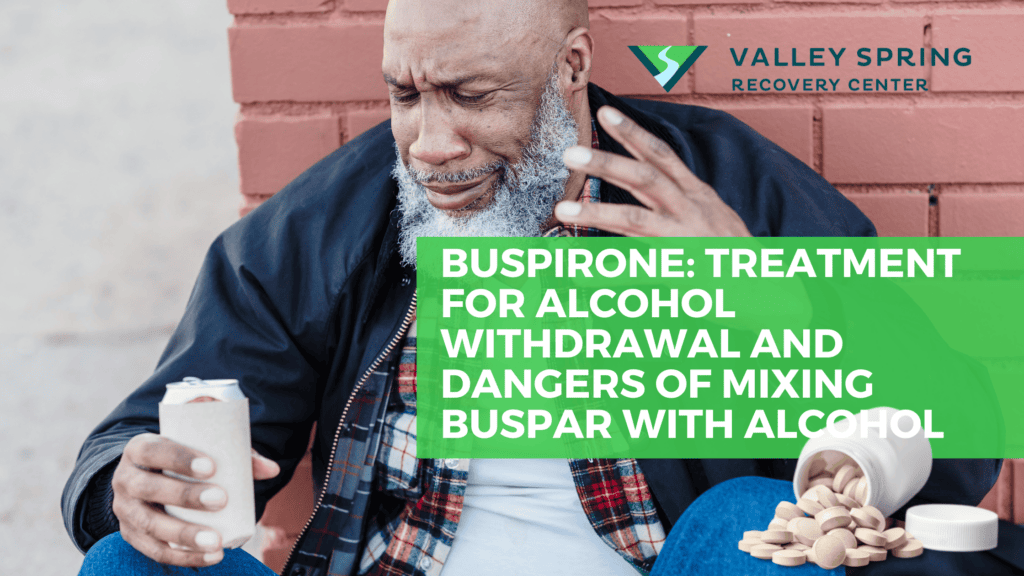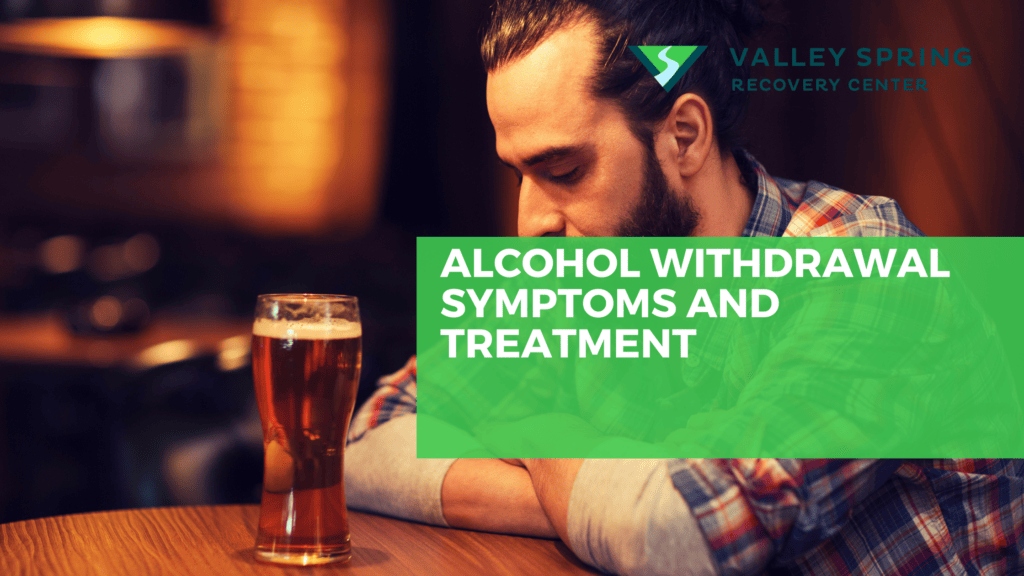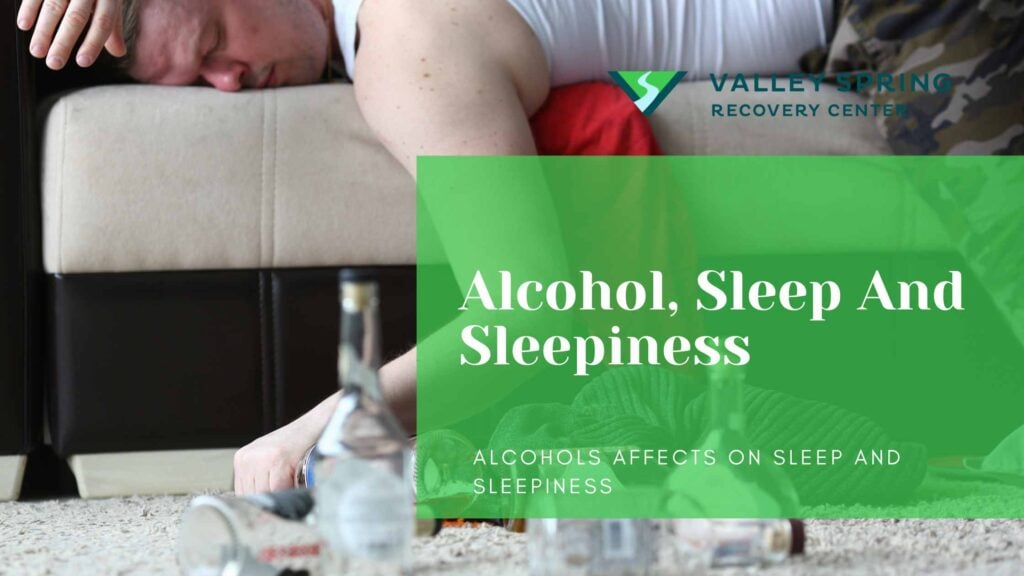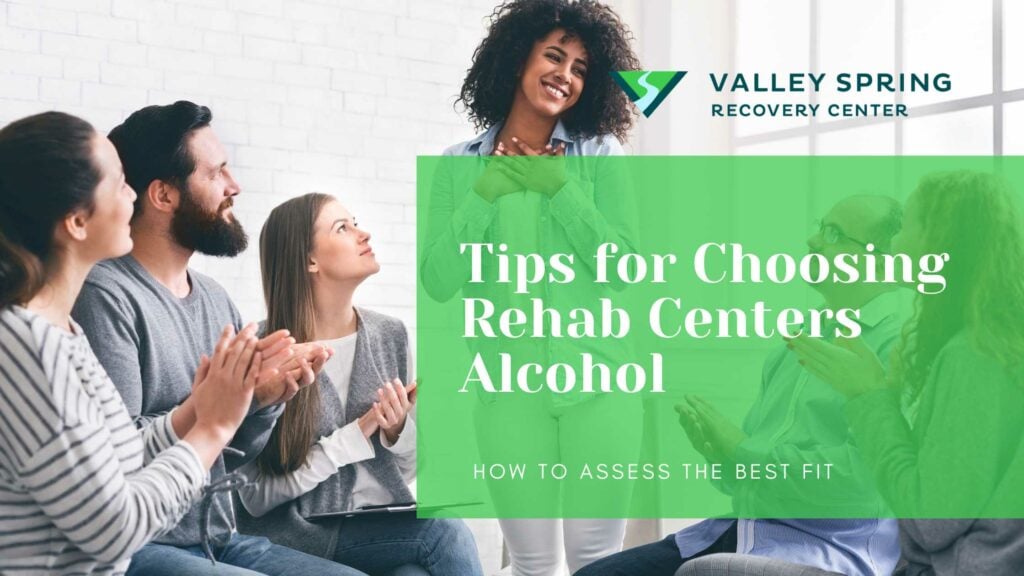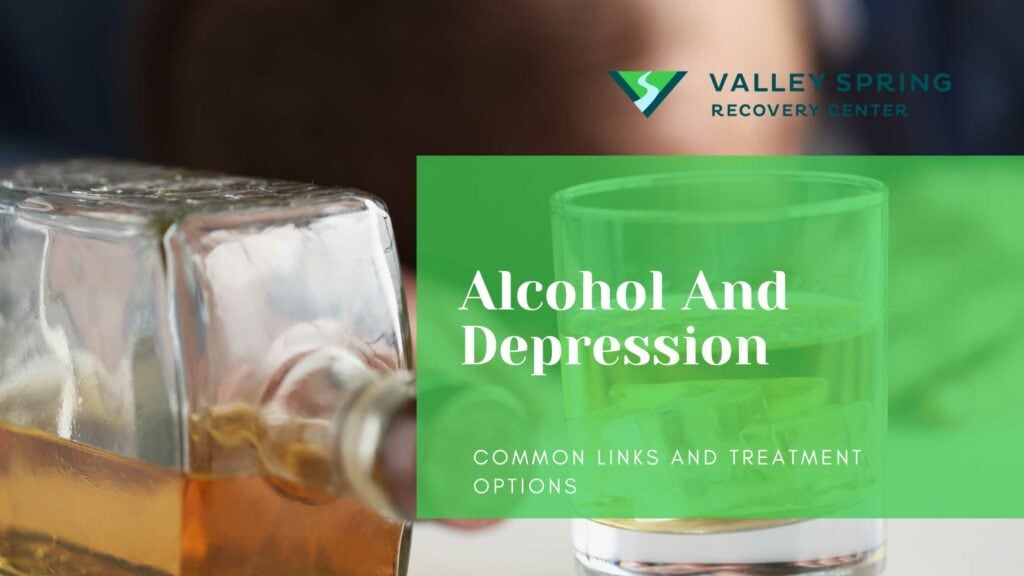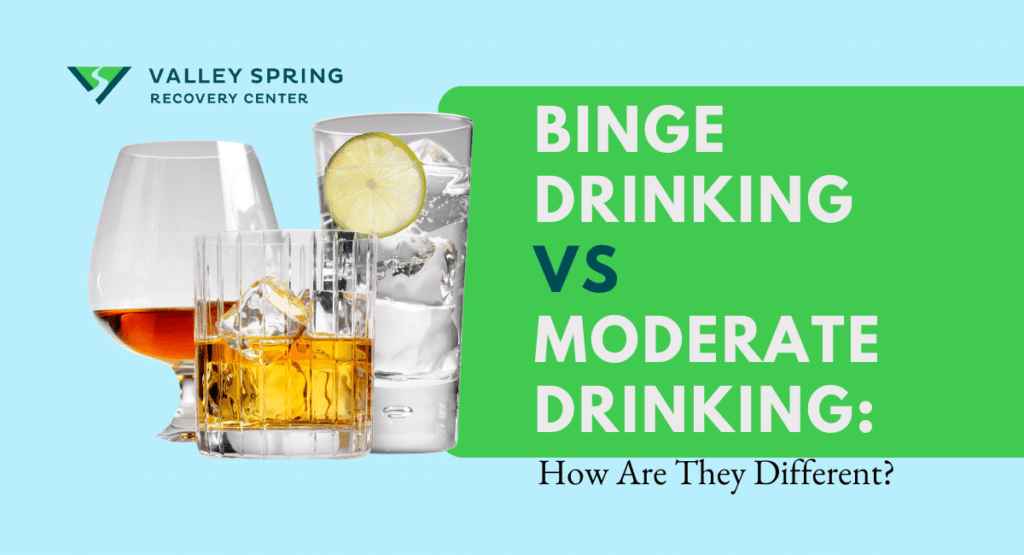To quit drinking, you must make the conscious decision to cease alcohol consumption which requires significant lifestyle adjustments. According to the 2022 National Survey on Drug Use and Health (NSDUH), 221.3 million people ages 12 and older (78.5% in this age group) reported that they drank alcohol at some point in their lifetime and a portion of those alcohol drinkers become dependent. The benefits of embracing a sober (alcohol-free) lifestyle can have positive mental health and physical health effects.
Overcoming alcohol addiction is a complex process, and the chances of relapse are very high. The decision to stop drinking is a proactive step towards a healthier life, and support is available for those willing to embark on this transformative journey.
Ben Fisher shares, that quitting alcohol is not easy. When you first quit drinking, there isn’t much that can take your mind off of drinking, but it’s a worthy effort to try and distract yourself.
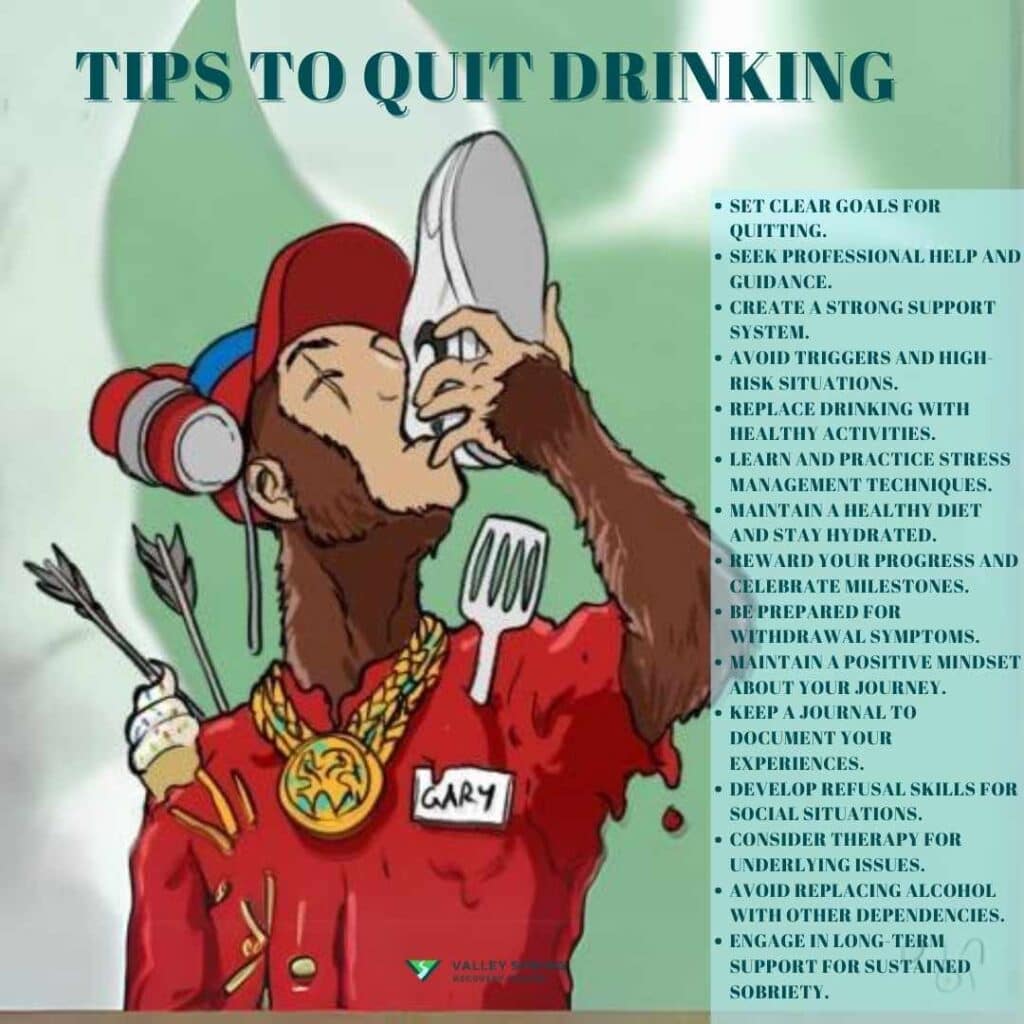
1. Making the Decision to Stop Drinking Alcohol
Embracing the Journey Toward Sobriety begins with the pivotal decision to stop drinking alcohol. This decision, often sparked by a desire for improved health, relationships, and quality of life, marks the first step on the path to recovery. Acknowledging the need for change is both brave and significant. It’s essential to approach this transition with a clear plan and supportive resources to navigate the challenges ahead effectively.
Admitting that there is a problem and making a decision and committing to change are vitally important and a cornerstone of human social life according to Michael and Pacherie’s 2014 study. The phenomenon of commitment is a cornerstone of human social life. Commitments make individuals’ behavior predictable in the face of fluctuations in their desires and interests, thereby facilitating the planning and coordination of joint actions which leads to better outcomes.
This step involves acknowledging the extent of the alcohol problem and treating the disease. recognizing that it has led to a lack of control over one’s life. It’s the foundational step that sets the stage for the transformative journey in AA, emphasizing the importance of humility and the need to accept help from a higher power and the AA community.
the first step of AA is:
1. We admitted we were powerless over alcohol—that our lives had become unmanageable.
This step involves acknowledging the extent of the alcohol problem and recognizing that it has led to a lack of control over one’s life. It’s the foundational step that sets the stage for the transformative journey in AA, emphasizing the importance of humility and the need to accept help from a higher power and the AA community.
2. Recognize The Impact Of Alcohol
The second step is recognizing the impact of alcohol on physical and mental health. Various studies including research by Sarkar, D., Jung, M. K., & Wang, H. J. in 2015, have shown that alcohol can result in reduced immunity. Patel R and Mueller M in 2023 also mentioned alcohol as the leading cause for liver damage. Acknowledging these consequences serves as a sobering reminder of the importance of choosing a path of sobriety. Recognizing and accepting the negative effects of alcohol is not the end though. People who want to quit also have to understand the potential for positive change.
3. Set Recovery Goals
The third step setting clear goals and recovery timelines for when to stop drinking. Once the decision to change has been made, the crucial next step is establishing clear and well-defined drinking goals. The effectiveness of these goals lies in their specificity, realism, and clarity.
Example #1: My Drinking Goal
- I commit to ceasing alcohol consumption entirely.
- My designated quit date is __________.
Example #2: My Drinking Goal
- I will refrain from drinking on weekdays, commencing from __________.
- On Saturdays and Sundays, I will limit my alcohol intake to a maximum of three drinks per day or five drinks per weekend.
- After three months, I will further reduce weekend drinking to a maximum of two drinks per day and three drinks per weekend.
Whether the objective is complete abstinence or moderation, the key is to decide and articulate the desired outcome clearly. If the goal is to reduce drinking, specify which days will involve alcohol consumption and set limits on the number of drinks per day. Committing to at least two alcohol-free days per week can be a foundational aspect of this plan.
After that, start to focus on the specifics of how you will stop drinking, for instance, identifying triggers and creating a relapse prevention plan.
4. Identify your triggers
Understanding what sparks your desire to drink is crucial in the journey to quit drinking. Triggers can be as varied as stress, certain locations, smells, specific times of the day, or even the company of former drinking friends. By pinpointing these triggers, you can strategize to avoid them, significantly reducing the likelihood of experiencing cravings. Creating a plan to manage these triggers—such as seeking alternative routes to avoid a favorite bar, or engaging in stress-relieving activities like meditation or exercise—can be a game-changer in your recovery process.
Dr Michael Olla, Medical Director and Psychiatrist at Valley Spring Recovery Center highlights that a usual craving tends to persist for a duration of 3 to 5 minutes but can last as long as 30 minutes.
5. Give It Some Time
Cravings usually last between 3 to 5 minutes or as long as 30 minutes according to Heishman SJ, Lee et al’s 2010 study. Cravings subside substantially after the first 30 days. This insight is empowering; knowing that the intense desire to drink is temporary makes it easier to withstand the urge. Techniques such as deep breathing, mindfulness, or even engaging in a brief, distracting activity can help bridge these crucial minutes until the craving passes. This understanding underscores the importance of patience and resilience in overcoming moments of temptation.
The Alcoholics Anonymous saying “Give it a year. A drink will be waiting for you if you don’t like it” rings true in this case.
6. Focus on Prudcuctive Hobbies
Channeling your energy into productive hobbies offers a double benefit: it distracts you from thoughts of alcohol and enriches your life. Engaging in activities that require focused energy not only diverts your attention away from drinking but also boosts your mood and overall well-being. Physical activities such as jogging, sit-ups, push-ups, and swimming are particularly beneficial because they improve physical health and release endorphins, natural mood lifters. Creative hobbies or learning new skills can also provide a sense of achievement and fulfillment, further distancing your mind from alcohol-related thoughts.
7. Try Substituting with Non-Alcoholic Drinks
Substituting alcoholic beverages with non-alcoholic alternatives or plain water is a practical approach to reducing alcohol consumption. Opt for healthy substitutes like herbal teas, sparkling water, or fruit-infused waters that offer added health benefits. This switch not only helps in managing cravings but also contributes to your overall physical health. Keeping these substitutes readily available at home or in social situations can ease the transition and help you stick to your goal of quitting drinking.
8. Talk to someone
Opening up about your struggles benefits mental well-being if done in a therapeutic setting. Whether it’s a trusted friend, family member, or a professional therapist, talk therapy is clinically proven to improve outcomes. Therapists, in particular, can offer strategies to support long-term recovery and relapse prevention. Remember, seeking help is a sign of strength and an important step in the recovery process.
9. Staying Committed
Remaining committed to the decision to quit drinking is a continual process that requires dedication and self-awareness. Regular self-assessment and reflection on progress are essential components of this commitment. Periodically taking stock of achievements, challenges, and personal growth provides valuable insights, fostering a deeper understanding of the journey and contributing to sustained motivation.
10. Celebrating Milestones
In the journey to quit drinking, celebrating milestones is a vital practice acknowledging achievements and providing positive reinforcement. Whether it’s days, weeks, or months of sobriety, taking the time to celebrate these milestones builds a sense of accomplishment and motivation. This celebration can take various forms, from personal reflections to shared acknowledgments within support networks.
11. Seeking Professional Guidance
This may become necessary if you start experiencing withdrawal symptoms or have tried stopping on your own without success.
- Schedule appointments with healthcare professionals or addiction specialists.
- Discuss your decision to quit drinking and seek personalized advice.
- Investigate counseling or therapy options tailored to alcohol cessation.
- Consider joining support groups for additional emotional and social support.
- Tap into available resources, such as treatment programs.
- Explore comprehensive plans that align with your goals for sobriety.
12. Building a Support System
Receiving support is fundamental to overcoming alcohol addiction. This support could be in the form of a rehab center, therapy, or close family and friends. Attempting to navigate the path to recovery alone is challenging, and the journey becomes significantly more manageable with a network of individuals providing encouragement, comfort, and guidance.
Diverse Sources of Support
- Seek support from various avenues, including family members, friends, counselors, and individuals from your faith community.
- Consider healthcare providers who can offer professional guidance tailored to your specific needs.
Leaning on Friends and Family
- Tap into the invaluable support of close friends and family members.
- If hesitant due to past letdowns, explore couples counseling or family therapy to rebuild trust and understanding.
- Building a Sober Social Network
- If your social life was previously centered around alcohol, cultivate new connections.
- Create a sober social network by engaging in activities like taking classes, joining a church or civic group, volunteering, or attending community events.
Prioritizing Recovery Support Groups
- Join recovery support groups and attend meetings consistently.
- Shared experiences within the group setting can be profoundly healing, offering insights and strategies to maintain sobriety.
- Make these meetings a priority, as they provide a supportive environment with individuals who comprehend the challenges of alcohol addiction.
13. Healthy Lifestyle Habits
Regular exercise is a cornerstone of a healthy lifestyle. Engaging in activities such as walking, jogging, cycling, swimming, yoga, or fitness classes not only promotes physical well-being but also contributes to overall mental health. Choose exercises that align with your interests and fitness level to ensure consistent and enjoyable participation.
A nutritious diet plays a crucial role in supporting overall health. Prioritize a variety of fruits, vegetables, lean proteins, and whole grains, and ensure adequate hydration. Exploring healthy recipes and meal plans can make the journey of adopting a nutritious diet both enjoyable and sustainable.
Activities that promote mental and emotional well-being are integral to a healthy lifestyle. Consider incorporating mindfulness meditation, deep breathing exercises, journaling, or engaging in creative hobbies into your routine. These practices not only contribute to emotional resilience but also bring joy and relaxation.
Creating a healthy lifestyle involves incorporating regular exercise, adopting a nutritious diet, and engaging in activities that support mental and emotional well-being. These practices work synergistically to enhance your overall quality of life and contribute positively to your journey toward well-being and recovery.
14. Learn Coping Strategies
Quitting alcohol would require developing healthy coping mechanisms. Stress and triggers, common challenges in recovery, can be managed through various techniques such as deep breathing, meditation, or regular exercise. The identification of triggers becomes pivotal, and substituting alcohol reliance with healthier coping strategies is essential for sustainable recovery.
Learning to manage emotions without turning to alcohol is a fundamental skill in the recovery process. Exploring mindfulness and emotional regulation strategies can provide effective tools for navigating the complexities of feelings. Seeking therapy or counseling offers a structured environment to develop and enhance emotional management skills, fostering a healthier response to life’s challenges.
Recognizing and avoiding situations that may lead to relapse is another vital component of successful recovery. This involves a proactive approach to identifying high-risk scenarios and developing strategies to either steer clear of them or effectively cope. Building a strong support network is integral to navigating challenging situations, reinforcing one’s commitment to sobriety, and providing a safety net during difficult times.
What Are The Benefits of Quitting Alcohol?
The 12 benefits of quitting alcohol are listed below:
- 1. Improved Physical Health
- Reduction in the risk of liver diseases, including cirrhosis.
- Your liver’s job is to filter toxins. And alcohol is toxic to your cells. Heavy drinking — at least 15 drinks for men and eight or more for women a week — can take a toll on the organ and lead to fatty liver, cirrhosis, and other problems according to Zilpah Sheikh, MD of WebMD. The good news: your liver can repair itself and even regenerate. So it’s always worth drinking less or quitting.
- Enhanced cardiovascular health and lowered blood pressure.
- Improved immune system function.
- 2. Better Mental Health
- Reduced risk of anxiety and depression.
- Improved cognitive function and clarity.
- Enhanced emotional well-being and stability.
- 3. Increased Energy Levels
- Improved sleep quality, leading to increased energy and vitality.
- Removal of alcohol-related fatigue and lethargy.
- 4. Enhanced Relationships
- Improved communication and emotional connection with others.
- Rebuilding trust in personal and professional relationships.
- Removal of potential sources of conflict associated with alcohol use.
- 5. Financial Benefits
- Savings from not purchasing alcohol.
- Reduced healthcare costs associated with alcohol-related issues.
- 6. Career Advancement
- Increased productivity and focus at work.
- It has improved attendance and reliability.
- 7. Personal Growth
- Greater self-esteem and self-confidence.
- The ability to set and achieve personal goals.
- 8. Better Sleep Patterns
- Improved quality of sleep without the disruptions caused by alcohol consumption.
- A more restful and rejuvenating sleep experience.
- 9. Enhanced Appearance
- Reduction in skin issues associated with alcohol consumption.
- Prevention of premature aging and improved overall appearance.
- 10. Reduced Legal and Safety Risks
- Lowered risk of accidents and injuries associated with impaired judgment.
- Removal of legal risks associated with alcohol-related incidents, such as DUIs.
How to Handle Withdrawal Symptoms?
Dealing with withdrawal symptoms is a practical consideration in the early stages of quitting alcohol. Seeking guidance from healthcare professionals is paramount in managing withdrawal symptoms effectively. Consulting with healthcare providers can lead to recommendations for medications or therapies that can ease the transition, making the process more manageable and increasing the likelihood of a successful recovery journey.
What is alcohol withdrawal syndrome, and what are the associated symptoms?
Alcohol withdrawal syndrome refers to the collection of symptoms that individuals may experience when they suddenly stop drinking. Symptoms can range from mild to severe, including high blood pressure, delirium tremens, and life-threatening conditions.
What is the alcohol withdrawal timeline, and how long do withdrawal symptoms typically last?
The alcohol withdrawal timeline varies, but symptoms often begin within hours to a few days after the last drink. Severe withdrawal symptoms may persist for several days, with ongoing support crucial for a smoother recovery.
How does quitting alcohol impact physical and mental health?
Quitting alcohol may lead to better sleep, weight loss, improved immune system function, and enhanced cognitive abilities.
What is the role of support groups in alcohol recovery, and how can they help during the quitting process?
Support groups, such as Alcoholics Anonymous, play a vital role in providing ongoing support for individuals quitting alcohol. They offer a sense of community, understanding, and guidance through shared experiences.
Are there any risks involved in suddenly stopping drinking, especially for heavy drinkers?
Suddenly stopping heavy drinking can pose risks such as experiencing severe withdrawal symptoms, including delirium tremens. Seeking medical professionals’ guidance is crucial to managing these risks safely.
How can addiction treatment help individuals struggling with alcohol dependence or alcohol use disorder?
Addiction treatment involves comprehensive approaches to address underlying triggers and provide strategies for coping with cravings. It may include therapy, medication, and ongoing support to achieve lasting recovery.
What are some tips for avoiding alcohol and developing non-alcoholic drinking habits?
Avoiding alcohol involves adopting new skills and habits, such as choosing non-alcoholic drinks, finding alternative activities, and addressing underlying triggers that may lead to drinking.
Can binge drinking impact the body’s ability to undergo cell division, and how does it affect physical health?
According to a study by Ballard HS in 1997, binge drinking can negatively impact the body’s ability to undergo healthy cell division, leading to various health issues. It can contribute to high blood pressure, and weight gain, and increase the risk of life-threatening conditions.
How do family members contribute to ongoing support for individuals quitting alcohol?
Siblings and family members can be greatly affected by addiction and also play a crucial role in ongoing support by offering understanding, and encouragement, and participating in the recovery process. Their support can positively impact the individual’s journey toward sobriety.
What role do medical professionals play in addressing severe withdrawal symptoms and potentially life-threatening conditions during alcohol withdrawal?
Medical professionals are essential in managing severe withdrawal symptoms and life-threatening conditions, such as delirium tremens. They provide necessary medical interventions and ensure a safe and supportive environment during the withdrawal process.
Ben Fisher
All author postsShare This Post

